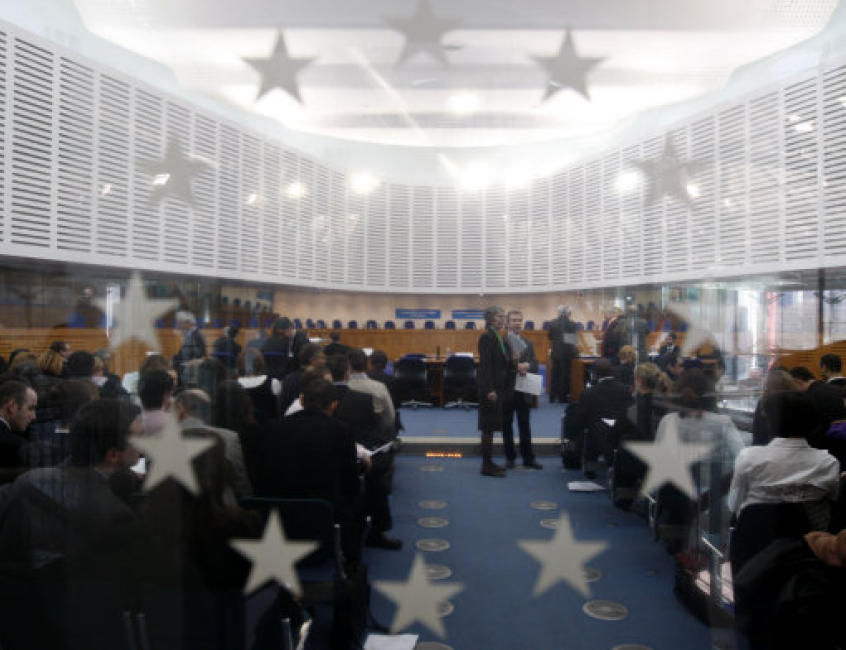
Judgment in the cases of four UK Christians will be handed down at the European Court of Human Rights in Strasbourg on 15 January.
Christian Concern said that all four cases relate to the extent of effective protection under the European Convention on Human Rights for the manifestation of Christian faith in the public sphere.
Two of the cases nurse Shirley Chaplin and suspended British Airways check-in clerk Nadia Eweida relate to the visible wearing of a cross. The other cases of Christian counsellor Gary McFarlane and former marriage registrar Lillian Ladele relate to protection of Christian conscience in the professional arena.
Christian Concern is particularly interested in how the provision for 'freedom of thought, conscience and religion' under Article 9 will translate into practical protections in diverse European societies.
The decision of the European Court will determine the direction of freedom of religion from Lisbon to Vladivostok, and the rights of Christian employees in the workplace to 'reasonable accommodation' of their faith.
The Christian Legal Centre is directly supporting Gary McFarlane and Shirley Chaplin.
At a hearing last September, the UK government contested all the cases in spite of public statements in support of freedom to wear the cross by the British Prime Minister and other government ministers.
In July last year, David Cameron told the House of Commons: "I fully support the right of individuals to wear religious symbols at work... it is a vital religious freedom."
According to Christian Concern Shirley Chaplin had worn her confirmation cross on a small chain around her neck, without incident, throughout her nearly thirty years in front-line nursing. Then, as part of a new uniform policy, she was told to remove it although allowances were made for the religious dress of others.
Gary McFarlane, an experienced relationships counsellor, indicated during a training course that, if the situation ever arose, he might have a conscientious objection to providing sex therapy to a same-sex couple on account of his Christian faith. He was dismissed for gross misconduct for discrimination on the grounds of sexual orientation, despite the fact that the issue involved a hypothetical scenario and the fact that there was no risk of anyone being denied a service, since there were many other counsellors who were willing and able to provide it.
Eweida was also prevented from wearing a cross, whilst Ladele was disciplined by Islington Council for not being prepared to conduct civil partnership ceremonies in spite of the fact that other registrars were prepared to meet any demand for the service and Ms Ladele's conscience could have been easily accommodated by her employer.
Andrea Minichiello Williams, Director of the Christian Legal Centre, said: "These are landmark cases and we have waited a long time to get to this point. At stake is not only the future shape of Christian involvement in community life but the protection of important personal freedoms in a diverse society."













